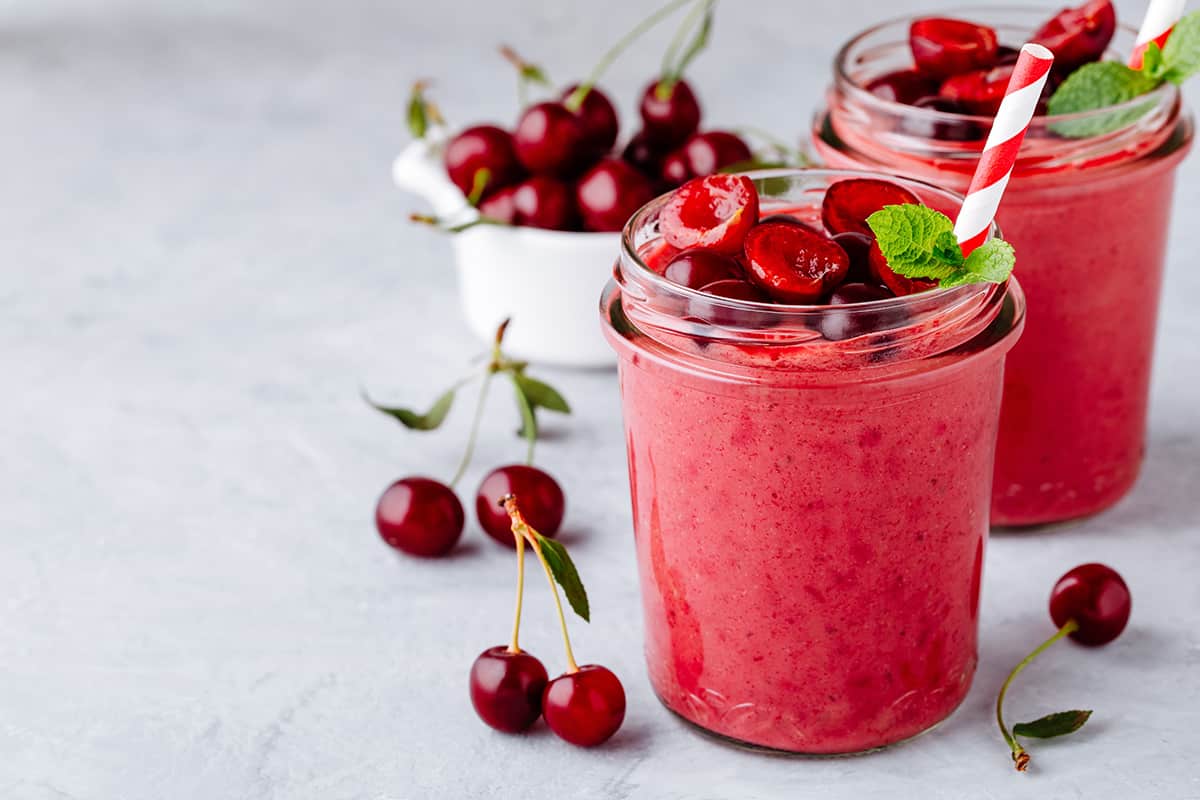Psoriasis and Inflammation: How Diet Can Influence Symptoms

Psoriasis is a chronic autoimmune skin condition affecting over 125 million people worldwide, characterized by red, scaly plaques that can be itchy and painful. At its core, psoriasis is driven by inflammation, where the immune system mistakenly attacks healthy skin cells, accelerating their production and leading to plaque buildup. While genetics and environmental factors play significant roles, emerging research highlights the critical link between diet, inflammation, and psoriasis severity. For those managing psoriasis, understanding how food choices can either exacerbate or alleviate inflammation offers a powerful tool for symptom control. This article delves into the connection between psoriasis and inflammation, exploring how dietary patterns and specific foods can influence flare-ups and support overall health.
Understanding Psoriasis and Inflammation
Psoriasis is an immune-mediated disease involving the overproduction of pro-inflammatory cytokines, such as tumor necrosis factor-alpha (TNF-α), interleukin-23 (IL-23), and interleukin-17 (IL-17). These cytokines fuel systemic inflammation, which not only affects the skin but also increases the risk of comorbidities like cardiovascular disease, obesity, diabetes, and inflammatory bowel disease. The inflammatory cascade in psoriasis, often referred to as the “psoriatic march,” can worsen with lifestyle factors, including poor dietary habits.
Diet influences inflammation through its impact on the gut microbiome, oxidative stress, and cytokine production. Pro-inflammatory foods can trigger or intensify psoriasis flare-ups by amplifying systemic inflammation, while anti-inflammatory foods may help reduce symptoms by calming the immune response. For individuals with psoriasis, adopting a personalized, anti-inflammatory diet can complement medical treatments and improve quality of life.
Read more: Low-Carb Vegetarian Recipes: Delicious and Nutritious Meals
Pro-Inflammatory Foods to Avoid
Certain foods are known to promote inflammation, potentially worsening psoriasis symptoms. Here are key categories to limit or avoid:
1. Ultra-Processed Foods
Ultra-processed foods (UPF), such as chips, sugary cereals, and fast food, are high in refined sugars, unhealthy fats, and additives. A 2024 study published in JAMA Dermatology found that high UPF consumption is associated with increased psoriasis flare-ups, independent of body mass index (BMI). These foods disrupt the gut microbiome, increasing gut permeability (“leaky gut”) and allowing endotoxins like lipopolysaccharides (LPS) to enter the bloodstream, triggering immune responses that exacerbate psoriasis. Examples include packaged snacks, sodas, and frozen meals.
2. Red and Processed Meats
Red meats (beef, pork, lamb) and processed meats (bacon, sausages) are high in saturated fats and omega-6 fatty acids, such as arachidonic acid, which can produce inflammatory compounds. Research suggests these foods increase levels of cytokines like IL-17, worsening psoriasis symptoms. Limiting red meat and opting for leaner proteins can help reduce inflammation.
3. Added Sugars and Refined Carbohydrates
High-sugar foods (sodas, candies, desserts) and refined carbohydrates (white bread, pasta) cause rapid blood sugar spikes, leading to insulin surges that promote inflammation. Studies indicate that diets high in simple sugars are linked to increased psoriasis severity, particularly in men. Choosing low-glycemic-index (GI) foods, such as whole grains and legumes, can help stabilize blood sugar and reduce inflammation.
Read more: Creative Vegetable Side Dishes: Elevating Everyday Meals
4. Dairy Products
Dairy, particularly high-fat products like cheese and whole milk, contains casein, a protein that some individuals struggle to digest. This can lead to gastrointestinal irritation and systemic inflammation, worsening psoriasis in sensitive individuals. Lactose intolerance may further exacerbate symptoms. Some patients report symptom improvement after eliminating dairy, though results vary.
5. Alcohol
Excessive alcohol consumption is a well-documented trigger for psoriasis flare-ups. Alcohol disrupts the skin barrier, increases oxidative stress, and promotes gut dysbiosis, leading to systemic inflammation. A study involving over 100,000 women found a correlation between higher alcohol intake, particularly beer (possibly due to gluten), and increased psoriasis risk. Limiting alcohol to no more than one drink per day for women or two for men is advisable.
6. Gluten (for Some Individuals)
People with psoriasis have a higher prevalence of celiac disease or gluten sensitivity. Gluten, found in wheat, barley, and rye, can trigger an autoimmune response in susceptible individuals, worsening skin symptoms. A gluten-free diet may benefit those with confirmed celiac disease or gluten sensitivity, but it’s not universally necessary and should be discussed with a healthcare provider.
Anti-Inflammatory Foods to Embrace
Incorporating anti-inflammatory foods can help manage psoriasis by reducing systemic inflammation and supporting overall health. Here are key foods to include:
1. Fruits and Vegetables
Fruits and vegetables, especially those rich in antioxidants (vitamins A, C, E, and polyphenols), combat oxidative stress and inflammation. Berries, cherries, leafy greens (spinach, kale), and colorful vegetables (carrots, bell peppers) are packed with phytonutrients that reduce inflammatory markers like C-reactive protein (CRP). Aim to “eat the rainbow” daily to maximize nutrient diversity.
2. Fatty Fish and Omega-3 Fatty Acids
Fatty fish like salmon, mackerel, sardines, and herring are rich in omega-3 fatty acids (EPA and DHA), which suppress inflammatory cytokines (TNF-α, IL-17). Clinical studies show that high-dose omega-3 supplementation (EPA:DHA ratio of 3:1) can reduce psoriasis severity. Eating fish twice a week or considering fish oil supplements (under medical supervision) can be beneficial.
3. Whole Grains and Dietary Fiber
High-fiber foods, such as whole grains (quinoa, brown rice), legumes, and vegetables (artichokes, asparagus), support gut health by promoting beneficial bacteria and producing short-chain fatty acids (SCFAs). SCFAs enhance regulatory T-cell activity, reducing IL-23/IL-17 axis inflammation. A fiber-rich diet also aids weight management, crucial since obesity exacerbates psoriasis.
4. Probiotics and Prebiotics
Probiotics (found in yogurt, kefir, sauerkraut) and prebiotics (chicory root, garlic, onions) support a healthy gut microbiome, which regulates immune responses. A 2019 randomized controlled trial found that probiotic supplementation reduced psoriasis severity and flare frequency by lowering TNF-α and IL-6 levels. Including fermented foods or consulting a dietitian about supplements can be helpful.
5. Healthy Fats
Heart-healthy fats from olive oil, avocados, nuts (walnuts, almonds), and seeds (flaxseeds, chia) provide anti-inflammatory benefits. The Mediterranean diet, rich in these fats, is associated with lower psoriasis severity due to its emphasis on whole, unprocessed foods and antioxidants.
Dietary Patterns for Psoriasis Management
While individual foods matter, overall dietary patterns have a greater impact on inflammation. The Mediterranean diet, characterized by high intakes of fruits, vegetables, whole grains, fish, olive oil, and moderate red wine, is widely recommended for psoriasis. Studies, such as those cited in Nutrition Research Reviews (2023), show that adherence to this diet correlates with reduced psoriasis severity and lower inflammatory markers. A low-calorie, Mediterranean-style diet with omega-3 supplementation has also shown promise in obese patients, reducing psoriasis scores by up to 50% after weight loss.
Other diets, like vegan or gluten-free, may benefit specific individuals but lack universal evidence. A very-low-calorie ketogenic diet (VLCKD) has shown preliminary benefits in small studies, reducing psoriasis scores by 50% after four weeks, but larger trials are needed. Time-restricted eating (TRE) and intermittent fasting are emerging areas of interest but require further research.
Practical Tips for a Psoriasis-Friendly Diet
-
Track Triggers: Keep a food diary to identify personal triggers, as responses vary. Note symptom changes after consuming potential triggers like dairy or gluten.
-
Prioritize Whole Foods: Focus on unprocessed, nutrient-dense foods to reduce inflammation and support overall health.
-
Consult Professionals: Work with a registered dietitian to design a personalized anti-inflammatory diet, especially if considering restrictive plans like gluten-free or vegan diets.
-
Maintain a Healthy Weight: Obesity worsens psoriasis, so aim for a healthy BMI through balanced eating and regular physical activity.
-
Limit Alcohol and Caffeine: Reduce alcohol intake and monitor caffeine, as some studies suggest it may increase inflammation in certain individuals, though results are mixed.
Conclusion
The link between psoriasis and inflammation underscores the importance of diet in managing this chronic condition. While no single diet cures psoriasis, avoiding pro-inflammatory foods like ultra-processed items, red meat, and added sugars, and embracing anti-inflammatory foods like fruits, vegetables, fatty fish, and fiber-rich grains can reduce flare-ups and improve overall health. The Mediterranean diet offers a well-researched, balanced approach, while personalized modifications, such as gluten-free diets for those with celiac disease, can further optimize outcomes. By making informed dietary choices and consulting healthcare professionals, individuals with psoriasis can harness the power of food to manage inflammation and enhance their quality of life. For personalized guidance, speak with a dietitian or dermatologist to tailor a plan that suits your needs.










